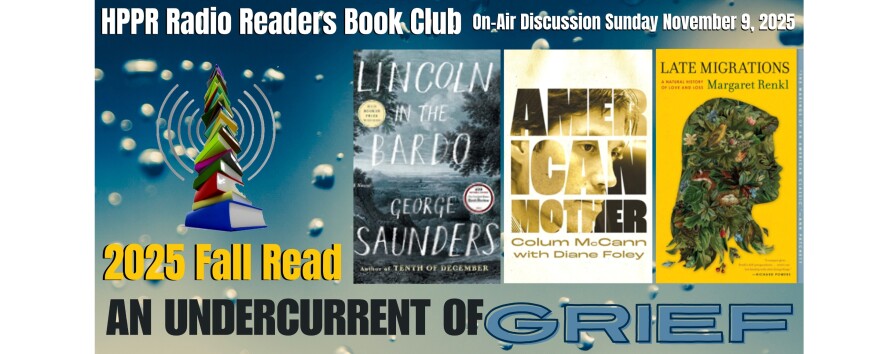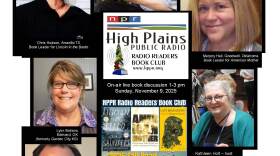Hi, I am Phillip Periman from Amarillo recommending a book for the HPPR Radio Readers’ Book Club’s summer reading list. The book is entitled “Why Poetry” and was written by Matthew Zapruder, published by Harper’s Collins in 2017 and in paperback (2018) by ECCO.
Ask yourself these questions: “Whom do you know who regularly reads poetry? Do any poetry books make the best seller lists?” Most people are flummoxed by these questions and have no answer. Yet, all of us daily encounter poetry from greeting cards to advertisements to poems read at funerals. We just don’t notice the poetry. Perhaps, we should.
Matthew Zapruder who teaches poetry at St Mary’s College in California wrote the book after encountering so many students who responded that they did not understand poetry, questioned why modern poetry seems so obscure, and claimed not to find it engaging or worth the effort to understand. These are not unique or unusual questions. Almost all poets hear them.
Addressing this question years ago the great American modernist poet, William Carlos Williams wrote that “It is difficult/to get the news from poems/yet men die miserably every day/for lack of what is found there.”
In his book, Why Poetry” Zapruder has taken up a modern-day defense of poetry which he gives by using beloved and well-known poems to make his case that poetry enriches and enables our lives to flourish at a deeper level. He starts with the first poem he can remember enjoying as a second grader “The Song of Hiawatha” by Longfellow which has these echoing lines:
By the shores of Gitche Gumee,
By the shining Big-Sea-Water,
Stood the wigwam of Nokomis,
Daughter of the moon, Nokomis.
Dark behind it rose the forest,
Rose the black and gloomy pine-trees,
Rose the firs with cones up on them;
Bright before it beat the water,
Beat the clear and sunny water,
Beat the shining Big-Sea-Water.
Gitche Gumee, the Ojibwe for what we call Lake Superior
By saying Big-Sea-Water Longfellow made something very familiar become again something new for us. This pleasure in sounds and imagery is one of the joys of poetry.
Zapruder uses WH Auden’s poem Musee des Beaux Arts as another example of how poetry benefits as it enables us to speak about the unspeakable, to cope with what seems impossible. This year we have had to witness the unspeakable horrors of the Ukraine war. As long ago as 1907 the poet provided us an insight in how we cope with such tragedies:
“About suffering they were never wrong,
The old Masters: how they understood
Its human position: how it takes place
While someone else is eating or opening a window or just walking dully along.”
When someone asks what does it mean, the poet responds, “How does it make you feel?” Zapruder in chapter after chapter illustrates the techniques poets use to make our lives more engaged, emotional, and meaningful. He shows us with examples how poetry allows us space for grief, recognition, celebration, and a verbal pathway to complete our daily tasks while reacting to distant traumas that threaten our world.
A major strength of this book is the author’s use of poems to illustrate the ways we all engage with poetry on a daily basis. Filled with many complex poems “Why Poetry” is a perfect book for a slow, meditative summer read. I recommend it to the reader with enthusiasm.
This has been Phillip Periman for the HPPR Reader’s Book Club.









